Happy, healthy and diagnosed with stage 4 bowel cancer at 36
Kaz Kelly was happy, seemingly healthy, and 36 when she was diagnosed with stage 4 bowel cancer. She wants everyone to know you’re never too young to be affected by Australia’s second-deadliest cancer.
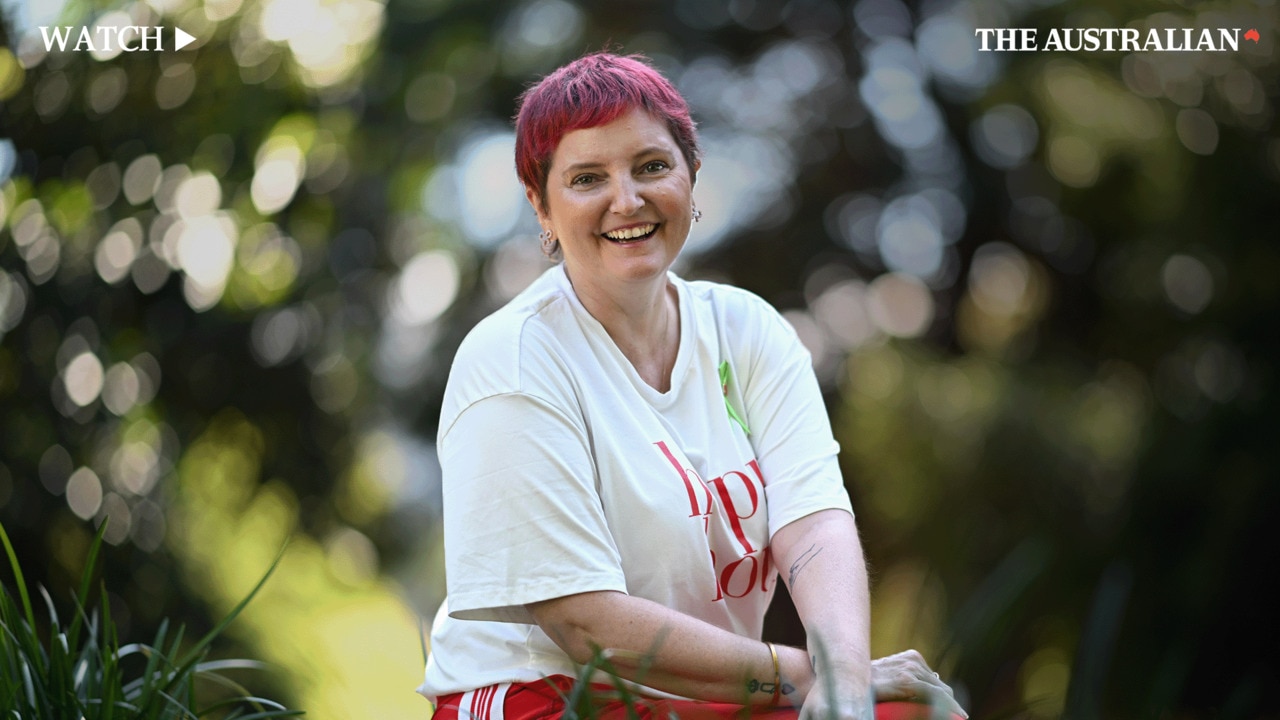
Late last year, Kaz Kelly was a happy, energetic and seemingly healthy 36-year-old newlywed, about to move to Las Vegas with her new husband.
Keen to have her medical records in order before she shifted her life across the world, Ms Kelly had a routine blood test in Brisbane, revealing drastically low iron and haemoglobin levels.
What her long-term GP did next saved her life.
“She asked if I ever had blood on my toilet paper, or in my poo, or in the bowl,” Ms Kelly recalls.
“I said yes to all, but only occasionally, and nothing I thought would need attention.”
Her doctor disagreed, ordered an immediate colonoscopy, and on November 30 last year, Ms Kelly woke up from the procedure to be told she had stage 4 bowel cancer.
It had already spread to her lymph nodes and liver.
In a moment, Ms Kelly’s life was upended. She became one of a growing number of under-50s across the world diagnosed with bowel cancer.
And despite the perception it’s an old person’s disease, according to Bowel Cancer Australia it’s the nation’s deadliest cancer for people aged 25-44.
Concerningly, Macquarie University research reveals younger people can spend between three months and five years seeing a parade of doctors before finally being diagnosed.
And that is a killer delay.
On the day of her colonoscopy and eventual diagnosis, Ms Kelly was lying in a hospital bed reeling; her mum was by her side, her husband, American Kyle Burton, was already in Las Vegas, on the first day of his new job.
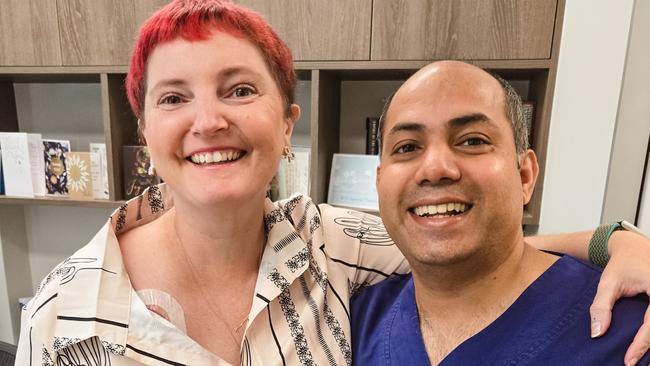
Enter colorectal surgeon Joy Chakraborty, who explained that due to the complexity of her cancer and its spread, she could not be operated on that night – but it would happen as soon as possible.
“Before leaving me he said ‘I only say and do things that I would for someone I loved. I will treat you as family’,” Ms Kelly says.
“I knew instantly he was my surgeon.”
On the sidelines of the medical crisis, Ms Kelly and Mr Burton were frantically trying to reverse their move to the United States.
Mr Burton was forced to quit his job on his first day, return the car he’d bought, and tell his new Las Vegas landlords he and his wife wouldn’t be moving in, after all.
They’d both ended their Australian jobs in preparation for the big move; Ms Kelly had sold her successful doggy day care business in West End, and they’d cleared out their apartment. Their packing boxes, stuffed full of belongings, had to be turned around in America and sent straight back home.
To complicate the situation even further, Ms Kelly had cancelled her Australian health insurance just before her diagnosis, two weeks before she was due to fly to the US.
“With about 10 phone calls between doctors our health insurance was reinstated. To say ‘phew’ is an understatement,” she laughs.
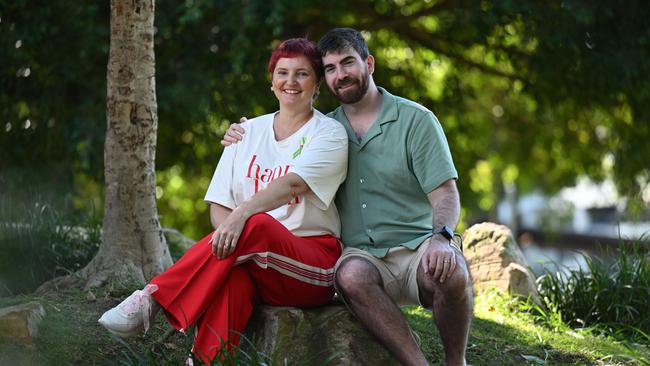
Dr Chakraborty worked quickly, consulting a panel of medical experts to decide what to do next, and engaging a regular collaborator, liver surgeon Dr Mehan Siriwardhane, to join Ms Kelly’s operation.
“On the 12th of December, I underwent a 9½-hour surgery,” Ms Kelly says. “My two surgeons performed this surgery via da Vinci robot, a true life-saver when it comes to this kind of operation.”
The next day, Dr Chakraborty “practically skipped into my room to tell me that the surgery was a success”.
“Not only did they get all the cancer with clear margins, but out of the 22 lymph nodes taken, only one was cancerous,” Ms Kelly says.
“This is something I want people to understand. This type of surgery is saving the lives of cancer patients, not necessarily the chemo. Without this surgery I would have been dead within a short period of time.”
“Without the expertise of surgeons (who can use the minimally invasive robot technique), bowel cancer patients are looking at horrific surgeries that open them up from sternum to pubic bone.”
“I was out of hospital on day five. This is how life-changing this surgery can be. It is hands-off, meaning less risk. It is hi-tech and the success rates are incredible. We all deserve access to a robot and a Dr Joy.”
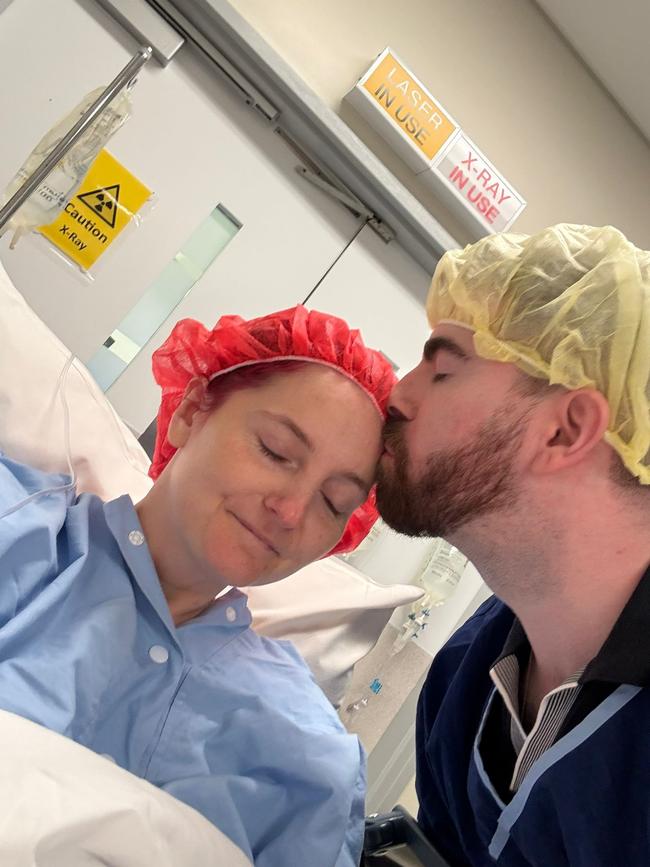
BCA says almost 99 per cent of bowel cancer cases can be successfully treated when detected early.
Ms Kelly was told later that if her GP hadn’t pushed for her to have the colonoscopy after the blood test revealed telltale symptoms, the cancer would likely have been discovered months later in the US, when it was too late.
She realises now that she should have taken her own symptoms more seriously, but assumed the blood she saw occasionally when she went to the toilet would be dismissed as haemorrhoids or something minor.
In the wake of the surgery, Ms Kelly was ordered into 12 rounds of “curative chemotherapy”. Every two weeks, she’s at the cancer centre for three-hour infusions of two of the three drugs, and then takes home her final chemo drug in a pump.
“I’ve named her Gladys and she’s a real pain,” Ms Kelly jokes. “I have Gladys for 48 hours and then return her to the hospital.
“My first round of chemotherapy was terrifying. I am terrified of needles so accessing my port, which sits in my chest, for the first time was harrowing.”
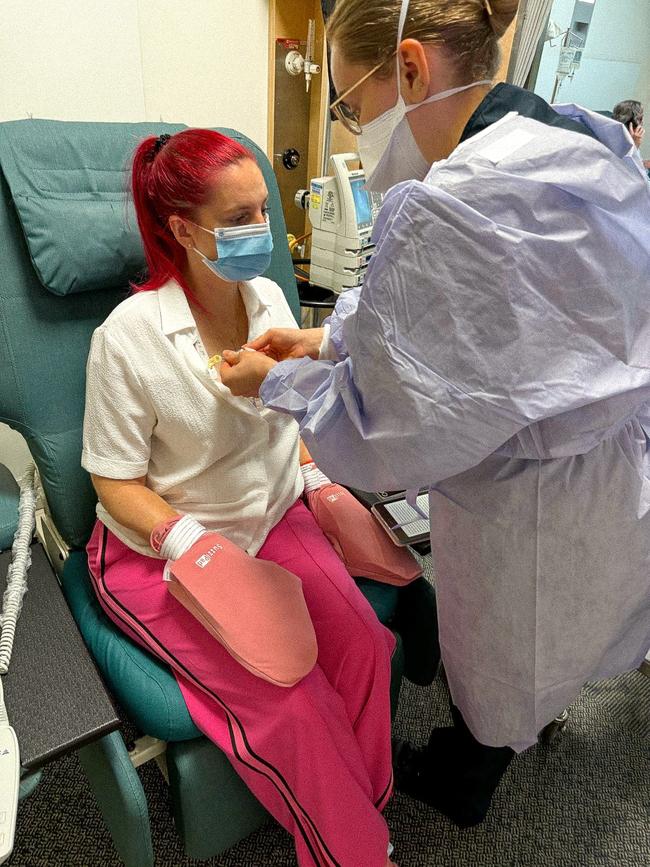
She’s about to enter round nine, and is due to finish chemotherapy in June, which happens to be bowel cancer awareness month.
In August, she’s likely to be one of 50 early-onset patients to go to federal parliament with BCA to lobby MPs and senators in their annual “Call on Canberra” event.
The organisation’s advocacy had a major win from July last year, when the national bowel cancer screening program lowered the age for the start of free screening from 50 to 45.
Currently, if you’re aged 40-44, you can request a free test through your GP.
Between 45 and 49, you can opt in for the screening kit to be mailed to you, and from 50 it automatically turns up in the mail every two years.
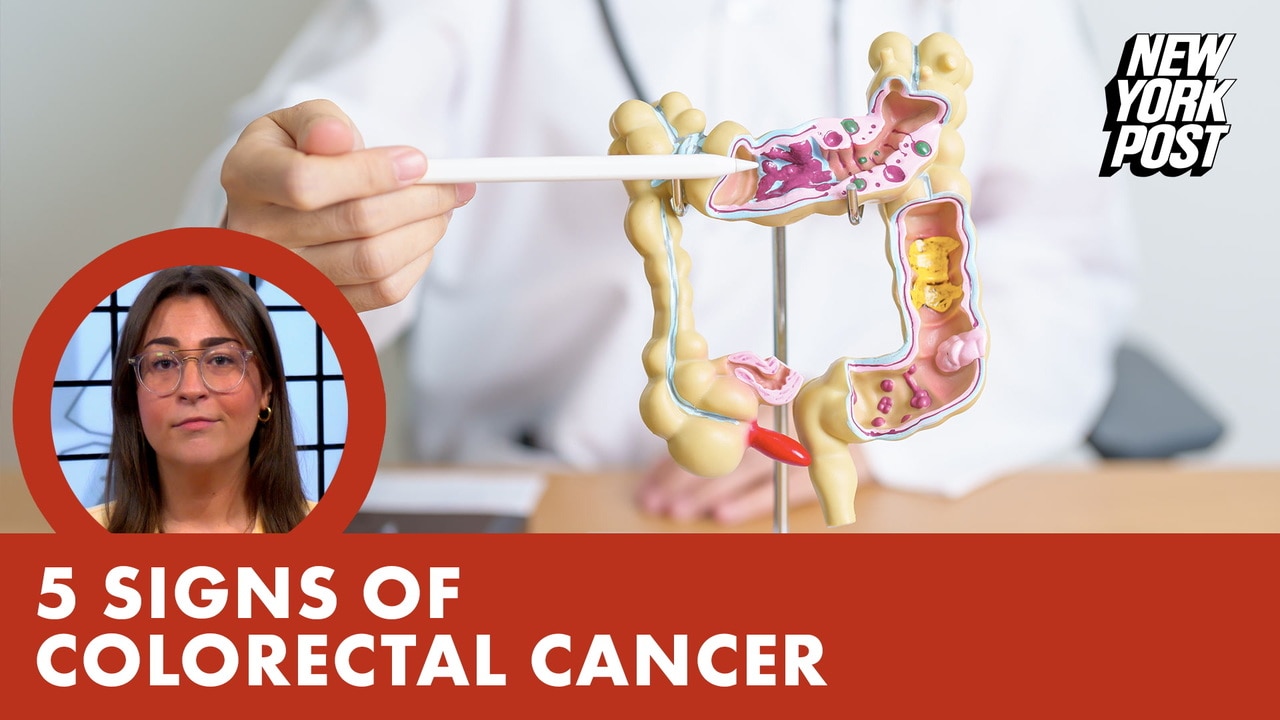
BCA chief executive officer Julien Wiggins says this year’s event will push the re-elected Albanese government for more investment in primary care to raise awareness for GPs about age bias, “red flag” signs and symptoms, and the importance of ordering colonoscopies within 30 days of those symptoms.
“Our advocacy priorities for this new government are to aid early detection and prompt referrals, and to fund research to identify the factors for the rising rates of early-onset bowel cancer in Australia, which remain unclear, but have been occurring since the year 2000,” he says.
The symptoms of bowel cancer include: blood in your poo, obvious change in your bowel habits, weight loss you can’t explain, extreme tiredness for no reason, and a lump or swelling in your abdomen.
“If symptoms persist for more than two weeks, see your GP,” BCA warns.
“You should never be told you are too young to develop bowel cancer.”
Ms Kelly agrees. “I believe GPs should believe you, advocate for you, action things for you, and ultimately be on your side. My GP saved my life, and my surgeon gave me life.”



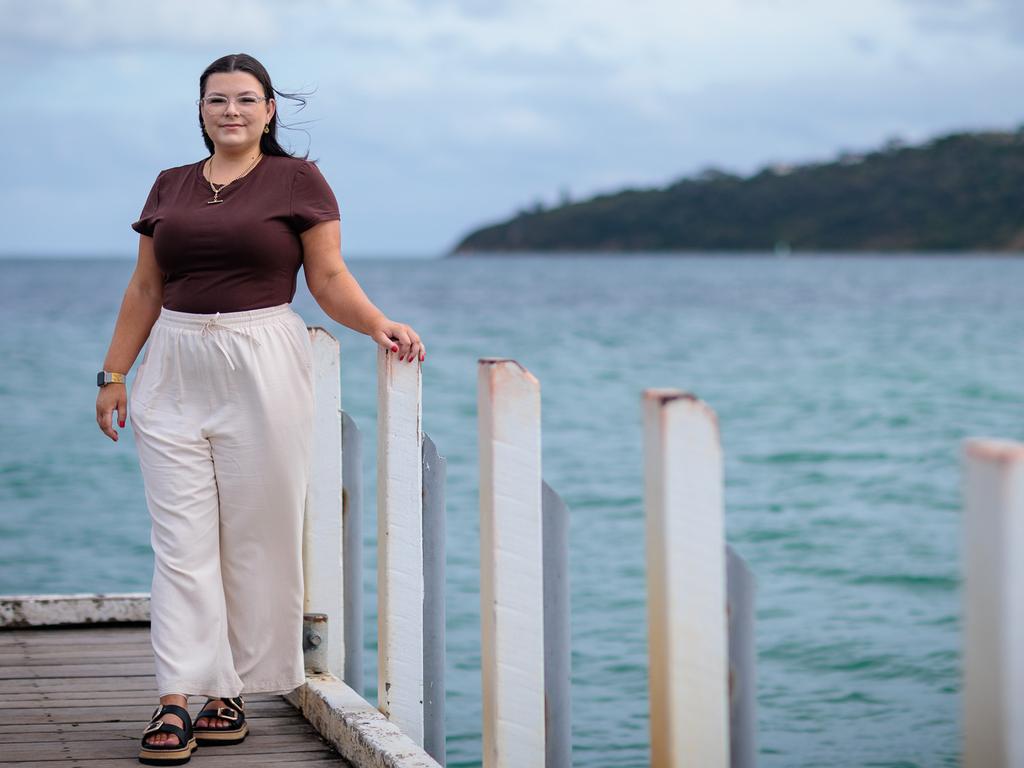
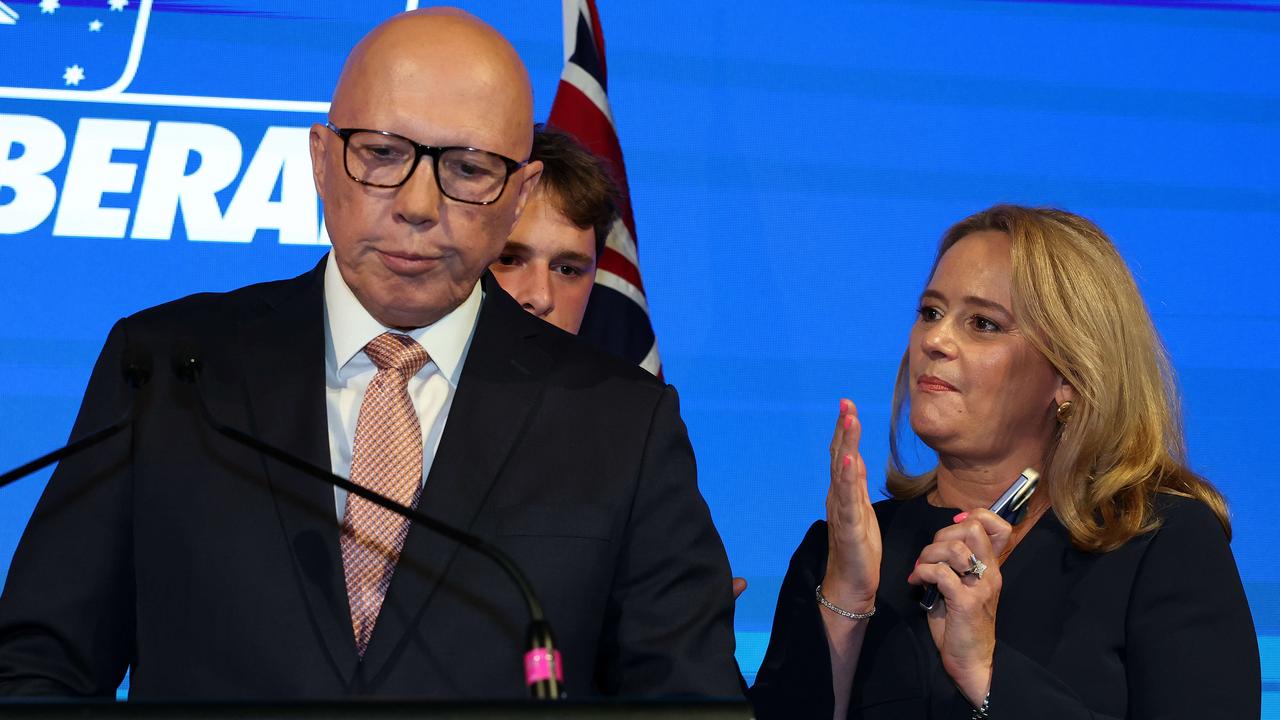
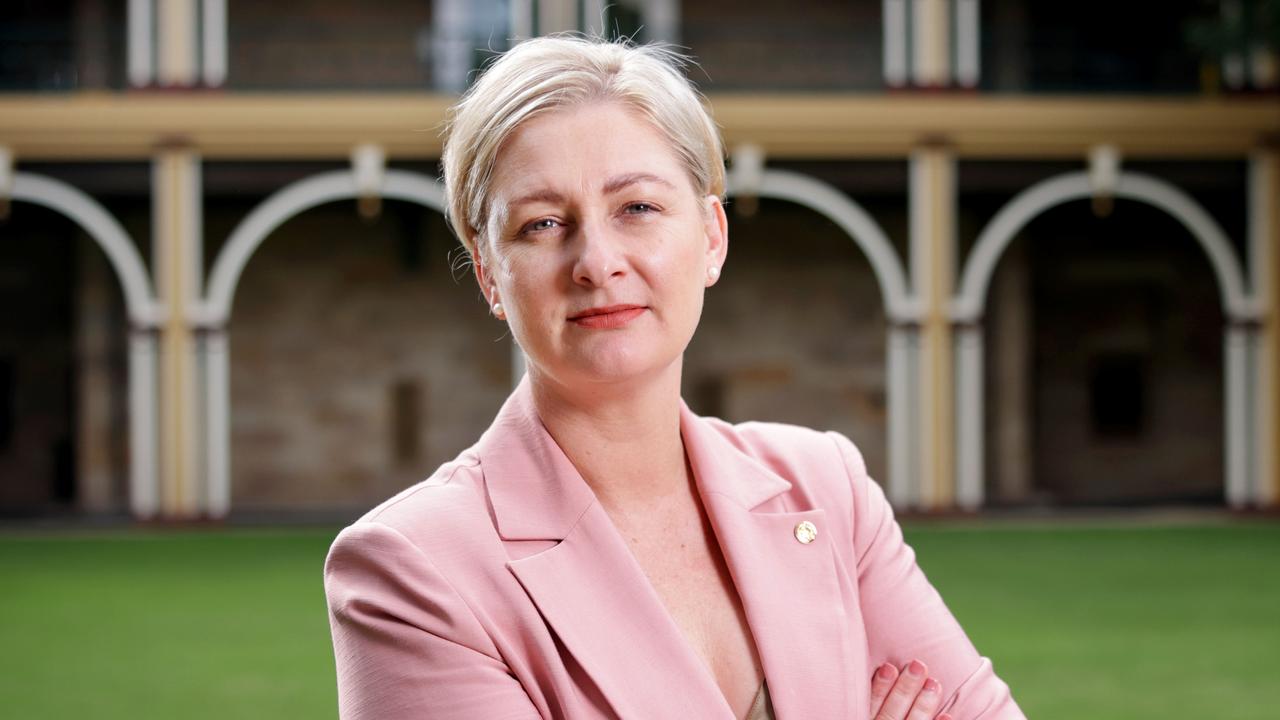
To join the conversation, please log in. Don't have an account? Register
Join the conversation, you are commenting as Logout